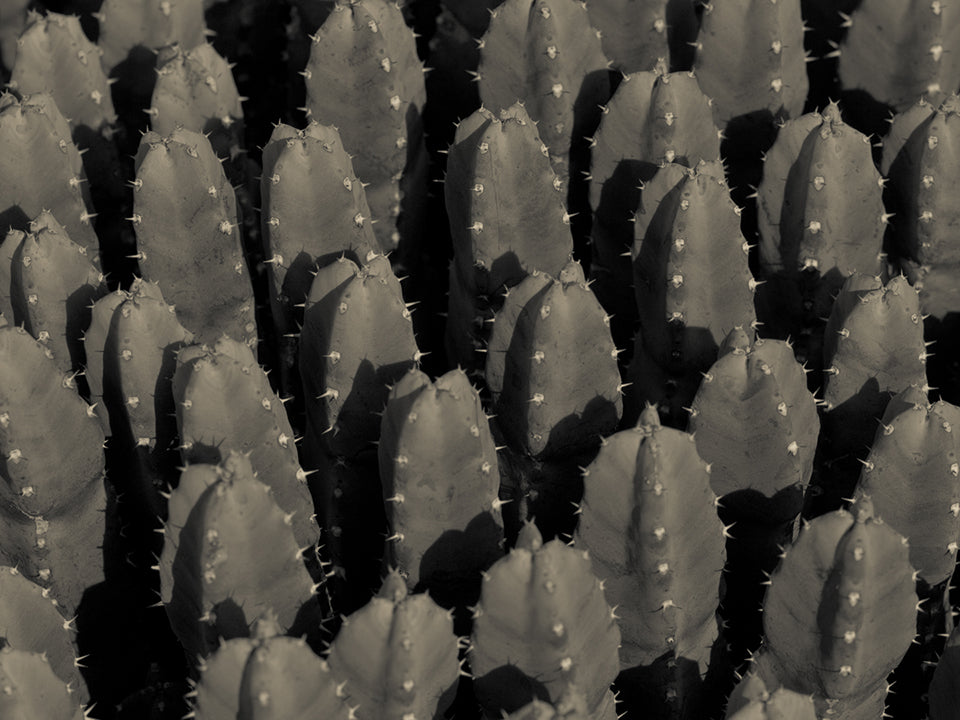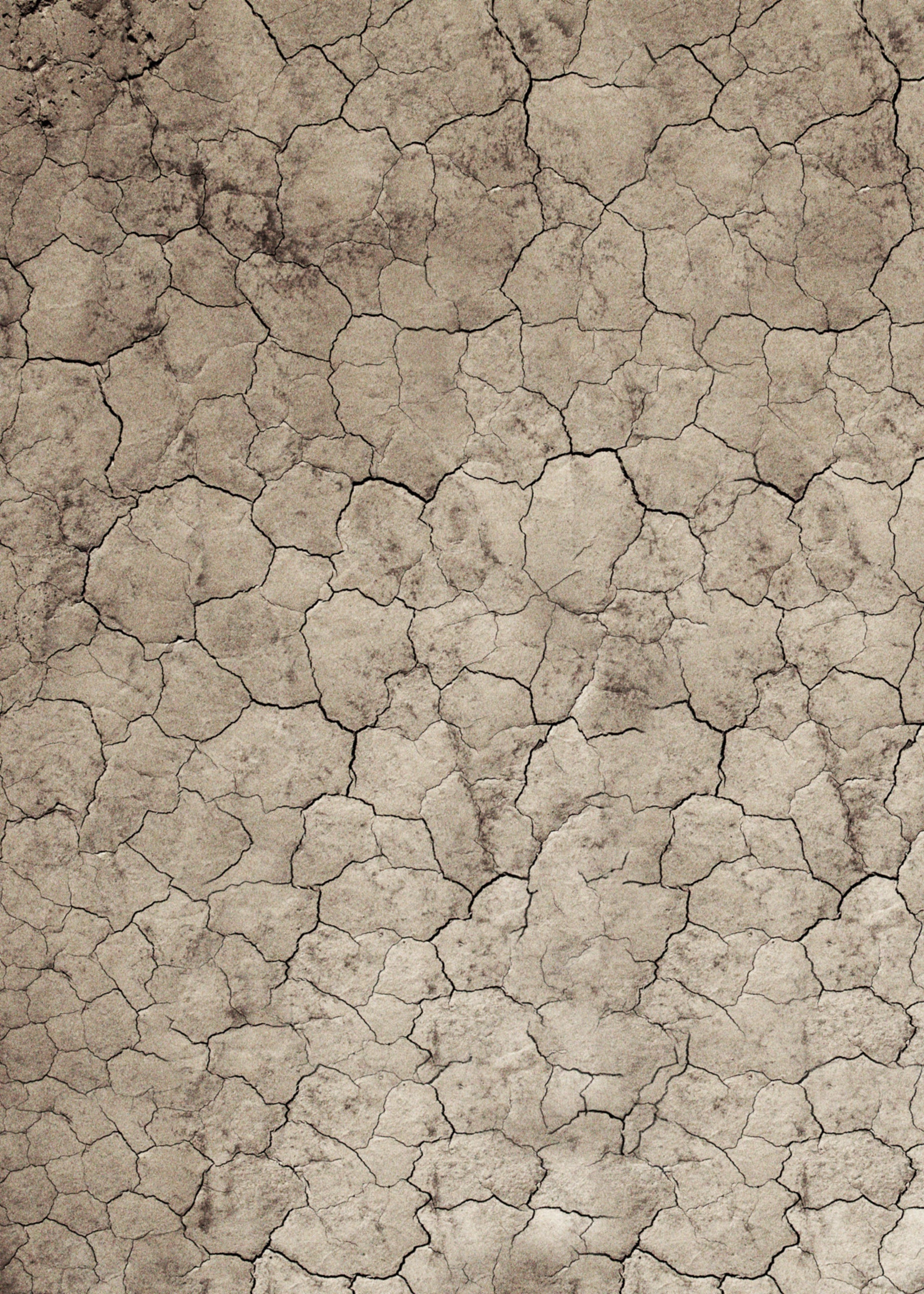As human beings, we are deeply interconnected with the natural world. The Earth provides us with the resources and conditions necessary for life, and in turn, our actions and choices can greatly impact the health of the planet. From the seeds we plant to the soil, minerals, water, and sun that nourish them, nature is a complex and delicate balance that requires our care and stewardship.
For centuries, traditional cultures have recognized the importance of living sustainably and holistically as a part of the Earth. These cultures have practiced principles such as interdependence, respect for the land, and the use of natural resources responsibly and mindfully. In contrast, our modern world often prioritizes convenience and profit over the long-term health of the planet and its inhabitants.
It is time for us to awaken to the urgent call for nature's consciousness and to adopt practices that honor and protect the Earth. By doing so, we can create a healthy foundation for ourselves and future generations to thrive.
Nature Consciousness
Seeds are the foundation of life on Earth. They contain the genetic information and potential for growth that allows plants to adapt and thrive in their environment. From the seeds of a single plant, entire ecosystems can emerge and support a diverse array of life. As we consider the health of the Earth, it is essential to recognize the vital role that seeds play.
Unfortunately, the industrialization of agriculture and the reliance on monoculture has led to the loss of many diverse and vital seed strains. This loss impacts the plants' health and the animals and humans that rely on them for sustenance. The loss of seed diversity also has implications for our future food security.
As the climate changes and conditions become increasingly unpredictable, the resilience and adaptability of our food systems will be put to the test. By supporting seed diversity and the preservation of traditional seed varieties, we can help create a healthier and more resilient food system better equipped to withstand future challenges.
In addition to supporting seed diversity, we can also make conscious choices in the seeds we plant and the ways in which we cultivate them. For example, choosing seeds adapted to local conditions and using methods that prioritize the soil's and the environment's health, such as organic and regenerative agriculture practices, can help create a more sustainable and nourishing food system.
Soil is often referred to as the "living skin" of the Earth for a good reason. It is the foundation for the growth of plants and the home for a diverse array of microorganisms that support the ecosystem's health. From the nutrients in the soil to the water it holds, the health of the soil directly impacts the health of the plants and animals that rely on it.
Unfortunately, modern industrial practices have often led to the degradation of soil health. The use of chemical fertilizers, pesticides, and monoculture can strip the soil of its vital nutrients and life, leading to decreased productivity and environmental harm. The degradation of soil health also has far-reaching consequences for the planet as a whole.
Soil is a vital component of the global carbon cycle and is crucial in regulating greenhouse gases. When soil is unhealthy, it is less able to sequester carbon, contributing to the greenhouse effect and climate change. By adopting practices that prioritize the health of the soil, we can support the growth of healthy and nutrient-dense plants while also addressing the global challenge of climate change. These practices include the use of organic fertilizers and compost, crop rotation, cover cropping, and the reduction of tillage.
Minerals are essential for the proper functioning of our bodies, but they are also a vital component of the Earth's ecosystem. From the calcium in our bones to the iron in our blood, minerals are the foundation of our health and vitality. Similarly, minerals are essential for the growth and health of plants, and they play a critical role in the health of the soil.
Unfortunately, modern agricultural practices often deplete the soil of its essential minerals, leading to nutrient-poor crops and environmental degradation. Using chemical fertilizers and monoculture exacerbates this problem, leading to a vicious cycle of soil degradation and decreased productivity to support the health of the Earth and ourselves; it is essential to prioritize using natural and sustainable methods for mineral replenishment this can include practices such as composting, cover cropping, and the use of natural mineral amendments like rock dust.
Water is essential for all life on Earth, from the smallest microorganisms to the largest animals. It is the Earth's lifeblood, sustaining ecosystems and providing the foundation for human societies. Unfortunately, the overuse and pollution of water resources have led to significant environmental degradation and the loss of vital habitats.
We must prioritize conservation and responsible use to protect the Earth's health and ensure the sustainability of our water resources, including practices such as rainwater harvesting, using drought-tolerant crops, and reducing water waste in our daily lives.
The sun is the ultimate source of energy for all life on Earth. It provides the energy necessary for photosynthesis and the growth of plants, which in turn sustains the entire ecosystem. Unfortunately, the overuse of fossil fuels and the resulting climate change has had a significant impact on the planet's health, including the health of our agricultural systems. To support the Earth's health and ensure the sustainability of our energy resources, it is essential to prioritize renewable energy sources such as solar and wind power. By doing so, we can reduce our reliance on fossil fuels and mitigate the impact of climate change on our planet.
As we reflect on the interconnectedness of the elements that support the health of the Earth and ourselves, it becomes clear that our daily choices and actions significantly impact the planet's health.
By embracing the principles of nature consciousness and adopting practices that prioritize sustainability and holistic living, we can create a healthier and more vibrant world for ourselves and future generations.
It is time to awaken to the urgent call for nature's consciousness and to recognize our role as stewards of the Earth. Whether through the support of seed diversity, the prioritization of soil health, the use of natural and sustainable mineral replenishment, the conservation of water resources, or the embrace of renewable energy sources, we can all take meaningful steps towards a healthier and more sustainable future.
Delve into the root of inflammation, its causes, and effective management strategies for optimal skin health.




